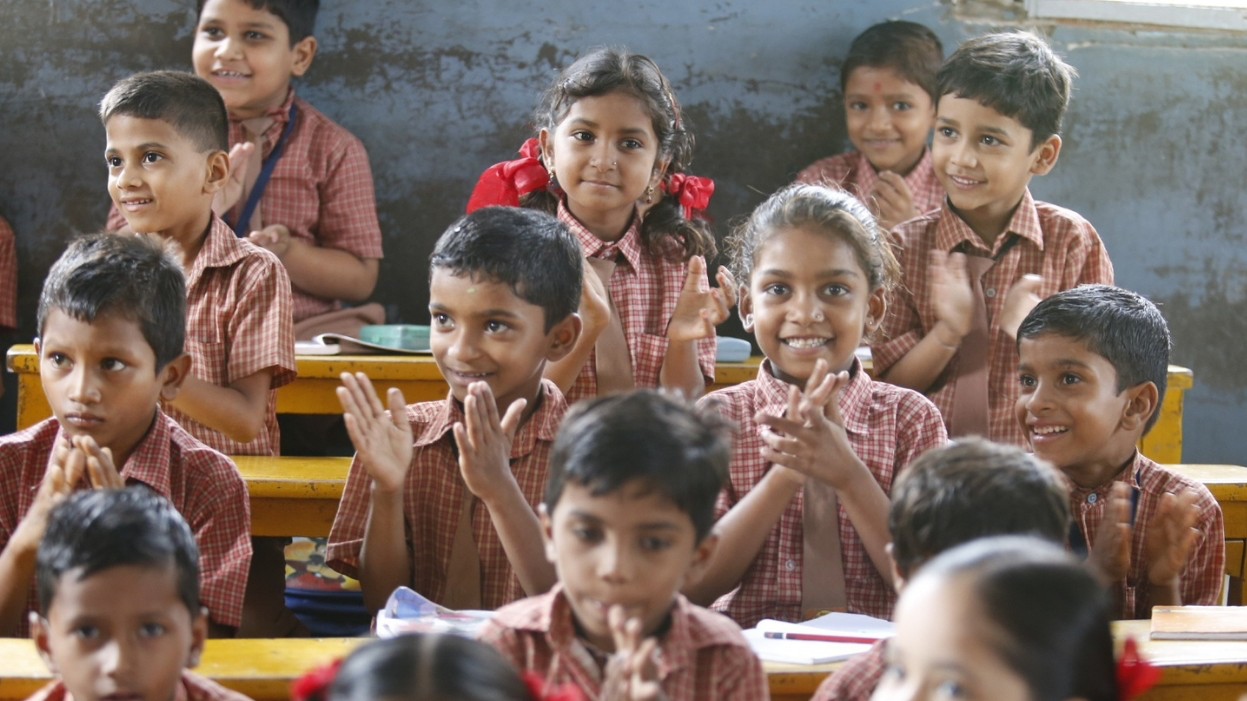Educational Poverty

Children from poor households are four times more likely to be out of school than those of the richest households. Disparities in enrollment rates between urban and rural areas also remain high.
103 million youth worldwide lack basic literacy skills. And 57 million primary-aged children still remain out of school.
Parents are hesitant to send their children to school even if the tuition fee is waived off. The added cost of books and uniforms are usually considered a waste of money. Further, families lose the additional income that the children could have brought home working. Consequentially educational poverty becomes generational, as parents who have not received basic education often underestimate the importance of it.
Research claim that if all children were educated with basic reading and writing skills, global poverty would reduce by 15% each year.
Education not only expands a spectrum of livelihood opportunities but also builds cognition and character in students. Acquired basic skills such as reading, writing and numeracy, have a documented positive effect on marginalized populations' incomes. Even one additional year of education is associated with a 10% increase in wages. Just basic literacy can bring a positive increment in the welfare quotient of our society.
If schooling was inclusive and equitable to all, the wealth gap would decrease by 39%.
The global economy is changing, driven by technological advancement and globalization. College, which is rarely an agenda for students from marginalized backgrounds will progressively become important in the coming years. Vocational training for out of school youth will also prove critical in increasing their employability.
2 billion of today's jobs are at risk of being replaced by automation by 2030.
Investing in human capital to ensure necessary skills and education for everyone has a typically high economic return. It increases labour productivity in both urban and rural sectors. The economic output thus increases. The level and quality of educational attainment explicate about half of the difference in growth rates between East Asia and Sub-Saharan Africa.
420 million people could be lifted out of poverty if all adults completed secondary education, according to UNESCO.
FloCard is dedicated to achieving SDG 1 (No poverty) and 4 (Quality Education) by generating livelihood and awareness. It is a digital business card that essentially saves trees. Additionally, FloCard has promised strategic afforestation which will provide vital natural resources to the needy.
Poverty and education are inextricably linked. Young children growing up in poverty are often deprived of basic literacy. Even when they avail schooling they are exposed to more stress, begin schooling academically behind their wealthier peers and often lack social skills. Wealth can curb the transmission of akin disparities between generations. At the same time, education becomes a catalyst for attaining that wealth.
171 million people were lifted out of extreme poverty situations in the past decade having left school with basic reading skills.
Education can unquestionably combat underlying structures of poverty and promote higher economic growth. But it can also break the cycle of suffering for future generations to come.
FloCard is an avenue to reduce poverty and improve literacy. If you are enthusiastic about this cause, make your free FloCard today.
